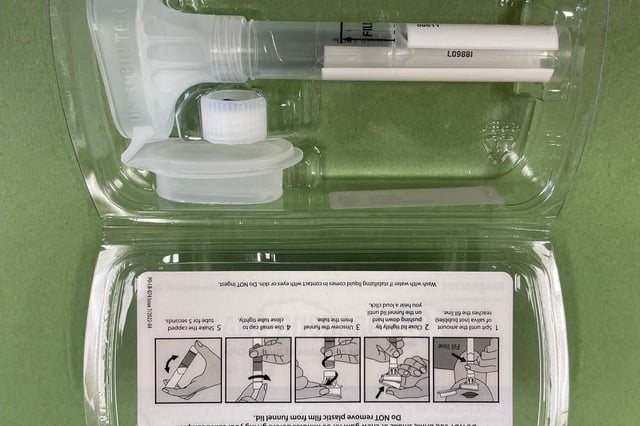Overview
- The spit test uses a polygenic risk score to analyze 130 genetic variants, detecting aggressive prostate cancers missed by the PSA blood test.
- In trials with 6,300 UK men, the test identified 187 prostate cancer cases, including 103 aggressive cancers, many of which would have been undetected by current methods.
- Researchers estimate the test could save the NHS approximately £500 million annually by reducing unnecessary procedures and improving early detection.
- The test has shown promise in European populations, but further research is required to confirm its effectiveness across diverse demographics and its cost-efficiency.
- The National Screening Committee is reviewing the test's potential for integration into screening programs, though experts stress more evidence is needed before widespread implementation.



